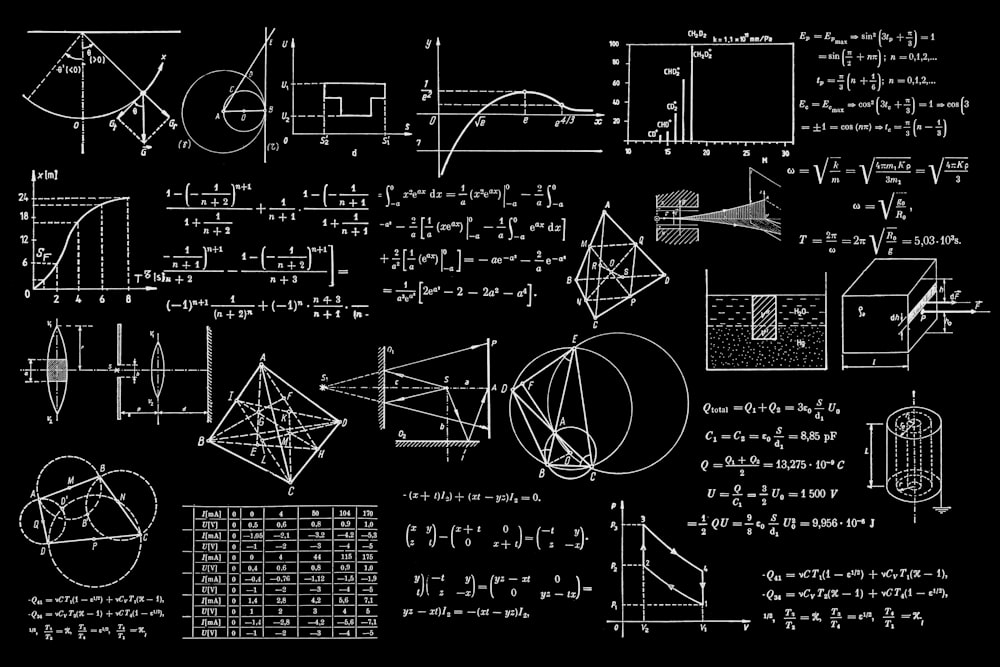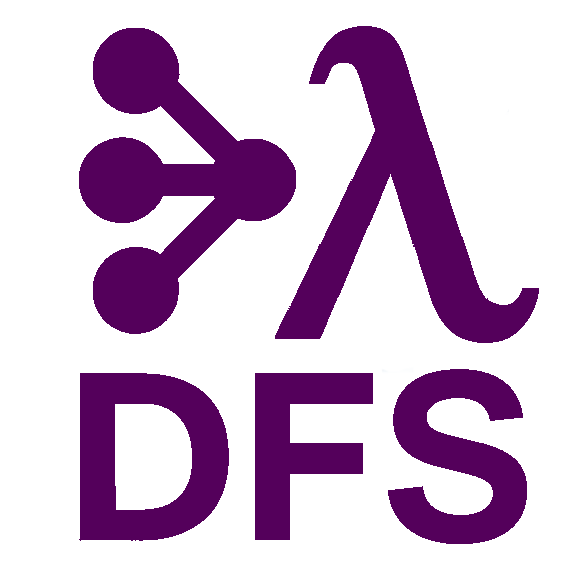Dynamic Formal Systems Research Laboratory
Advancing theoretical foundations of computational intelligence
The DFS Lab explores λ-calculus, interaction combinators, and optimal reduction strategies. We develop mathematically rigorous AI systems through dependent type theory, proof-carrying code, and interaction net architectures that enable constant-time β-reduction in parallel graph rewriting systems.

Research Focus
Formal Methods for Intelligent Systems
Our research applies the Curry-Howard correspondence to bridge proofs and programs, creating AI systems that are both powerful and mathematically verifiable under constructive type theory.
Type-Theoretic AI
Implementing System Fω, calculus of constructions, and higher-order dependent types. Enables reasoning about polymorphic abstractions, existential types, and proof-carrying neural architectures.
Interaction Combinators
Building optimal reduction engines based on Lafont's interaction nets. Achieving parallel graph rewriting with constant-time β-reduction through symmetric interaction rules and asynchronous computation.
Dynamic Constraint Systems
Constraint logic programming with unification algorithms extended to handle dependent types. Real-time satisfiability solving in higher-order logic with automatic proof term generation.
Research Areas
Core Research Domains
Our interdisciplinary approach spans theoretical computer science, mathematical logic, and artificial intelligence
Constraint-Based Reasoning
Developing AI systems that generate, manipulate, and solve complex logical constraints in real-time applications.
Formal Verification
Creating AI systems whose reasoning processes can be formally verified and mathematically proven correct.
Proof Synthesis
Building AI that can construct mathematical proofs and verify their correctness using automated theorem proving.
Type System Design
Advancing dependent types and higher-order logic to create more expressive AI reasoning capabilities.
Meta-Mathematical Reasoning
Developing systems that can reason about mathematical structures, theories, and their relationships.
Adaptive Logic Systems
Creating dynamic logical frameworks that can evolve and optimize their reasoning strategies.
Current Metrics
Research Impact
Measuring our contributions to formal AI research
Current Projects
Next-Generation Mathematical AI
Our flagship research combines polymorphic type systems with dynamic constraint generation to create AI systems capable of sophisticated mathematical reasoning. We're building AI that doesn't just process information, but truly understands mathematical structure and logical relationships.

Whereof one cannot speak, thereof one must be silent.

